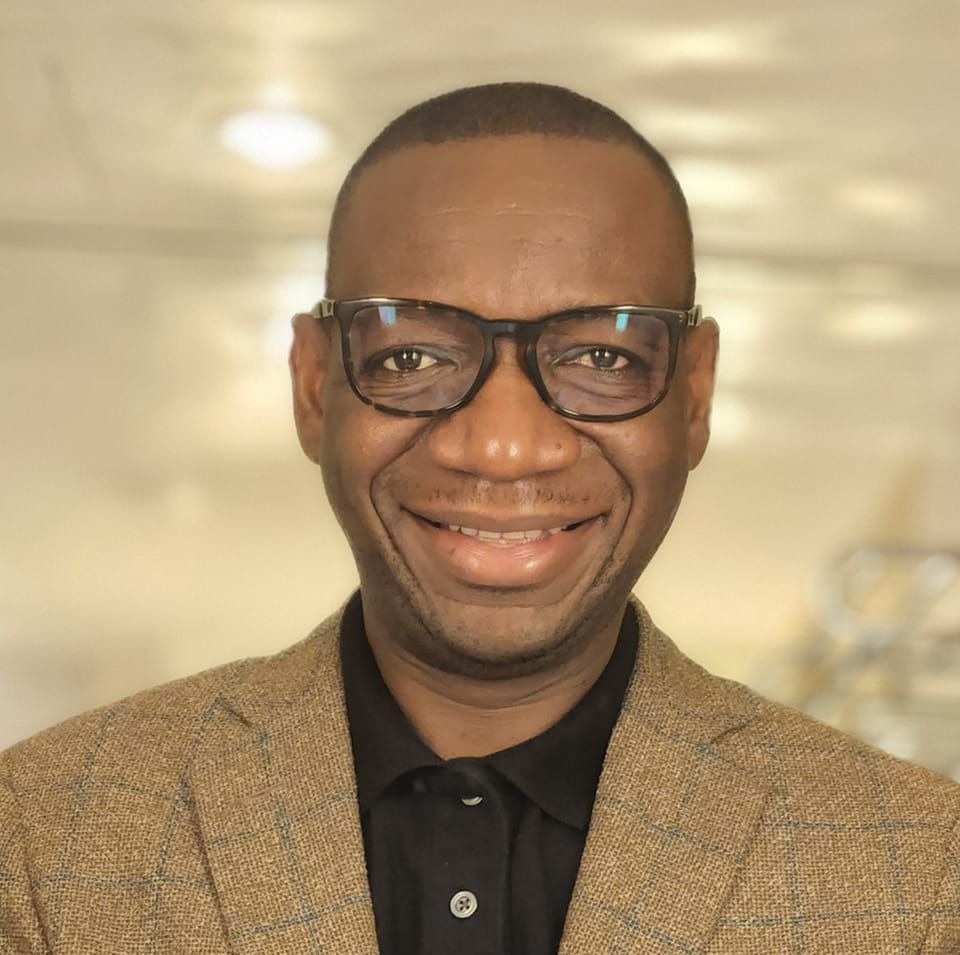South Africa Takes the G20 Helm: Bold Promises, But Can They Deliver?
By Savior Mwambwa

Note: This post kicks off our new series examining the G20’s impact on African economies, with a special focus on implications for Zambia. Over the next few weeks, this series will dive deep into key issues including critical minerals, climate finance, and resource governance – all through the lens of Zambia’s economic interests. Stay tuned as we unpack how South Africa’s historic G20 presidency could reshape Zambia’s and our region’s economic future.
In a historic shift this week, South Africa became the first African nation to take the G20 presidency. But let’s cut to the chase: while this is undoubtedly a milestone worth celebrating, the real question is whether they can transform this powerful platform into tangible change for the Global South.
The G20: A Club of Giants with Mixed Results
Let’s talk numbers: the G20 controls a staggering 85% of global GDP and 75% of international trade. Impressive stats, right? But here’s the uncomfortable truth: despite this enormous economic clout, global inequality has continued to widen. When South Africa talks about “Solidarity, Equality and Sustainability,” they’re stepping into an arena where previous presidencies have made similar promises with limited success.
Why This Time Might Be Different
South Africa isn’t just bringing another set of diplomatic platitudes to the table. Their leadership position comes with a crucial difference: they’ve lived the challenges they’re trying to solve. As they pointedly note, “While the challenges we face are common, their causes and consequences are unevenly distributed across and between countries.” This isn’t just diplomatic speak – it’s a reality check for the G20’s approach to global problems.
Four Bold Promises (And Why They Matter)
1. Disaster Resilience: The Elephant in the Room
While previous G20 presidencies have tip-toed around climate responsibility, South Africa is calling for concrete action. They’re demanding that “the global community, including international financial institutions, development banks, and the private sector, scale up post-disaster reconstruction.” But here’s the billion-dollar question: will wealthy nations, who’ve historically dragged their feet on climate finance, finally step up?
2. The Debt Trap: Breaking the Chains
Let’s be brutally honest: the current global financial system has kept developing nations in a perpetual debt cycle. When South Africa talks about “unsustainable level[s] of debt,” they’re highlighting a system where high-interest loans and unfair credit ratings have become modern economic handcuffs. Their push for reform isn’t just ambitious – it’s necessary for survival.
3. Green Transition: Fair or Fantasy?
The push for “increasing the quality and quantity of climate finance flows” sounds great, but let’s look at the track record: developed nations still haven’t delivered on their $100 billion annual climate finance promise made over a decade ago. Can South Africa succeed where others have failed? Their own experience with the Just Energy Transition Partnership might give them unique leverage.
4. Critical Minerals: Flipping the Script
Here’s where it gets interesting. As the world races toward green energy, African nations hold many of the critical minerals needed for this transition. South Africa’s stance is clear and potentially game-changing: “Countries and local communities endowed with these resources are the ones to benefit the most.” This could reshape the traditional power dynamics of resource extraction.
Innovation or Bureaucracy?
The presidency is launching three task forces and a new “Township20” initiative. Skeptics might see this as just more bureaucracy, but there’s a method to this approach. By bringing township economies to the G20 table, South Africa is forcing the world’s economic powers to look beyond traditional models of development.
By the Numbers: The Scale of Ambition
- 130+ meetings planned across South Africa
- Representatives from nearly 30 countries
- 20+ regional and international organizations
- Thousands of delegates expected
But numbers alone don’t guarantee success. The real test will be whether these meetings produce more than just photo opportunities and diplomatic niceties.
The Road Ahead: Promise vs. Reality
As South Africa declares, “Through South Africa’s G20 Presidency we will work to build a better Africa and a better world, and to ensure that no one is left behind.” It’s a powerful promise, but history teaches us to be cautiously optimistic. Previous G20 presidencies from emerging economies (Indonesia in 2022, India in 2023, Brazil in 2024) have each pushed for reforms with varying degrees of success.
Critical Questions We Need to Ask:
- Can South Africa maintain G20’s focus on economic issues while pushing their broader social agenda?
- Will established powers truly support reforms that might reduce their historical advantages?
- How will geopolitical tensions impact South Africa’s ability to build consensus?
- Can the Township20 initiative actually influence global economic thinking, or will it remain a symbolic gesture?
The Bottom Line
South Africa’s G20 presidency isn’t just about representation – it’s about transformation. Their success or failure could determine whether the G20 can evolve from a club of economic giants into a true catalyst for global economic justice.
The stage is set for either a breakthrough moment in global economic governance or another chapter of unfulfilled promises. Which will it be? The next year will tell.
What’s your take? Can South Africa’s presidency really change the game, or are we setting ourselves up for disappointment? Share your thoughts below.
Stay tuned for more in-depth analysis as we zoom in on implications for Zambia in the next blogs on this topic. Stay ahead of global economic shifts and their impact on our world by following Pangaea’s newsletter. Fresh insights delivered weekly.
